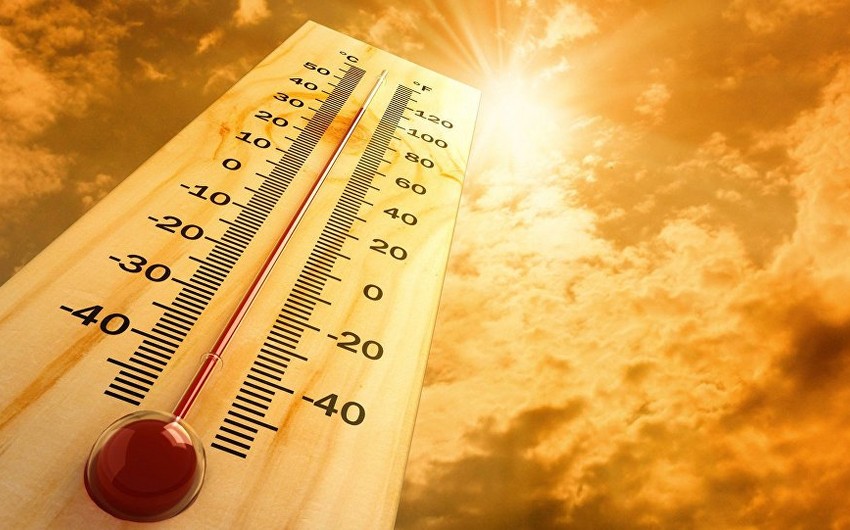Climate change is taking a major human, economic and environmental toll in Europe, the fastest-warming continent of the world. The year 2022 was marked by extreme heat, drought and wildfires. Sea surface temperatures around Europe reached new highs, accompanied by marine heatwaves. Glacier melt was unprecedented, Report informs, citing the World Meteorological Organization.
The State of the Climate in Europe 2022 report, the second in an annual series, was produced jointly by the World Meteorological Organization and the European Union’s Copernicus Climate Change Service.
It shows how Europe has been warming twice as much as the global average since the 1980s, with far-reaching impacts on the region’s socioeconomic fabric and ecosystems. In 2022, Europe was approximately 2.3 °C above the pre-industrial (1850-1900) average used as a baseline for the Paris Agreement on climate change.
Europe saw its warmest summer on record. Several countries, including Belgium, France, Germany, Ireland, Italy, Luxembourg, Portugal, Spain, Switzerland and the United Kingdom had their warmest year on record.
The 2022 annual average temperature for Europe was between the second and fourth highest on record, with an anomaly of about 0.79 °C above the 1991–2020 average. This baseline is used as a standard reference to compare variations in temperature, precipitation etc to the 30-year average and thus provide information to climate-sensitive sectors. Precipitation was below average across much of the region in 2022. It was the fourth dry year in a row on the Iberian Peninsula, and the third consecutive dry year in the mountain regions of the Alps and Pyrenees.
France had its driest January to September, and the United Kingdom and Uccle (Belgium) had their driest January to August since 1976, with far-reaching consequences for agriculture and energy production. Spain’s water reserve decreased to 41.9% of its total capacity by 26 July, with even lower capacity in some basins.
Glaciers in Europe lost a volume of about 880 km3 of ice from 1997 to 2022. The Alps were worst affected, with an average reduction in ice thickness of 34 meters. In 2022, glaciers in the European Alps experienced a new record mass loss in one single year, caused by very low winter snow amounts, a very warm summer and Saharan dust deposition.


 https://static.report.az/photo/533f93a6-b7e4-3f80-8ae8-dc0fa970bfe9.jpg
https://static.report.az/photo/533f93a6-b7e4-3f80-8ae8-dc0fa970bfe9.jpg

